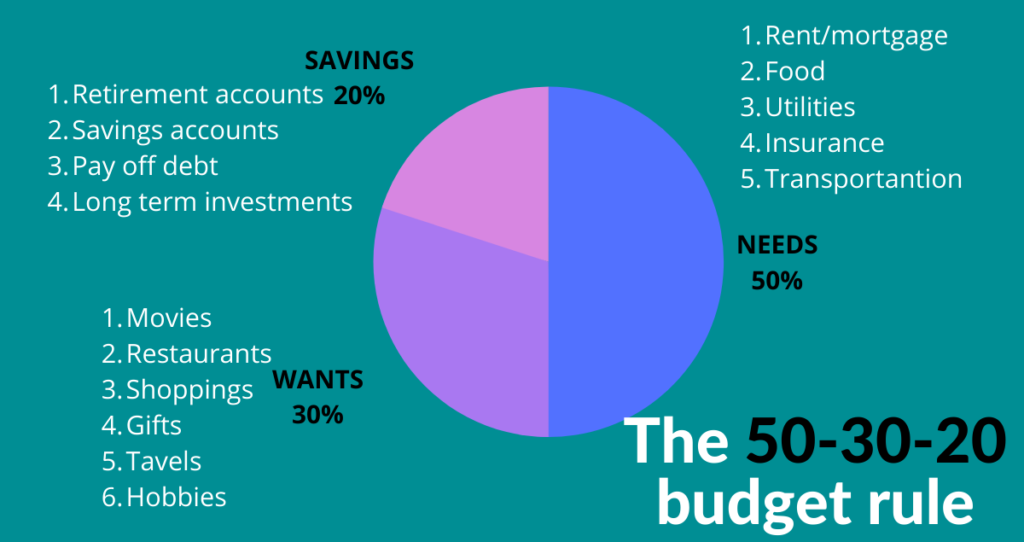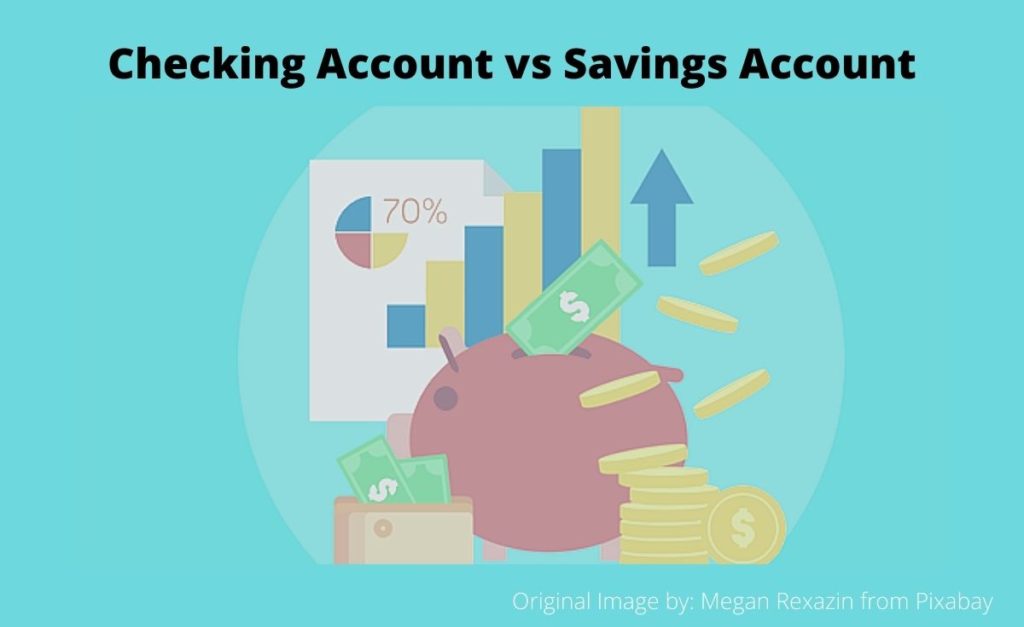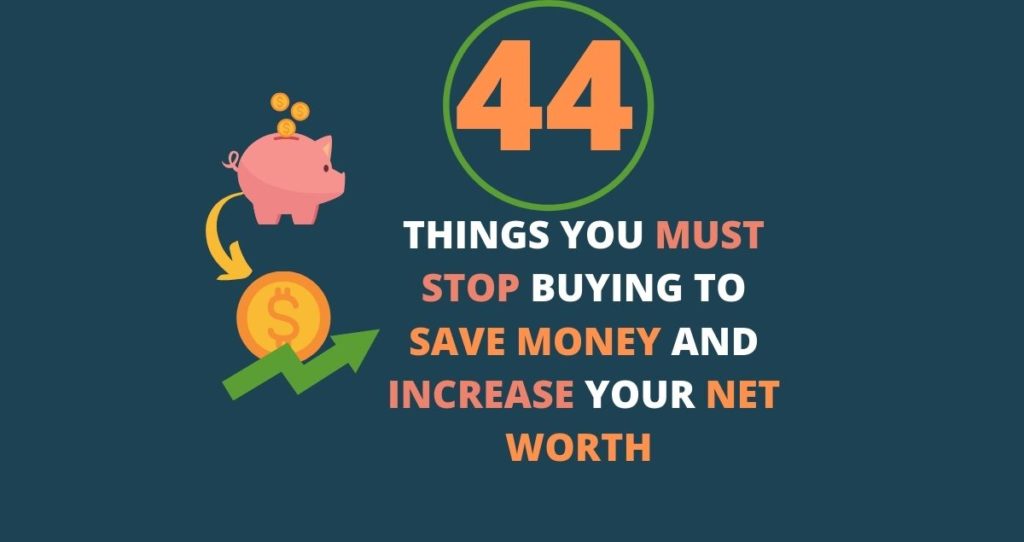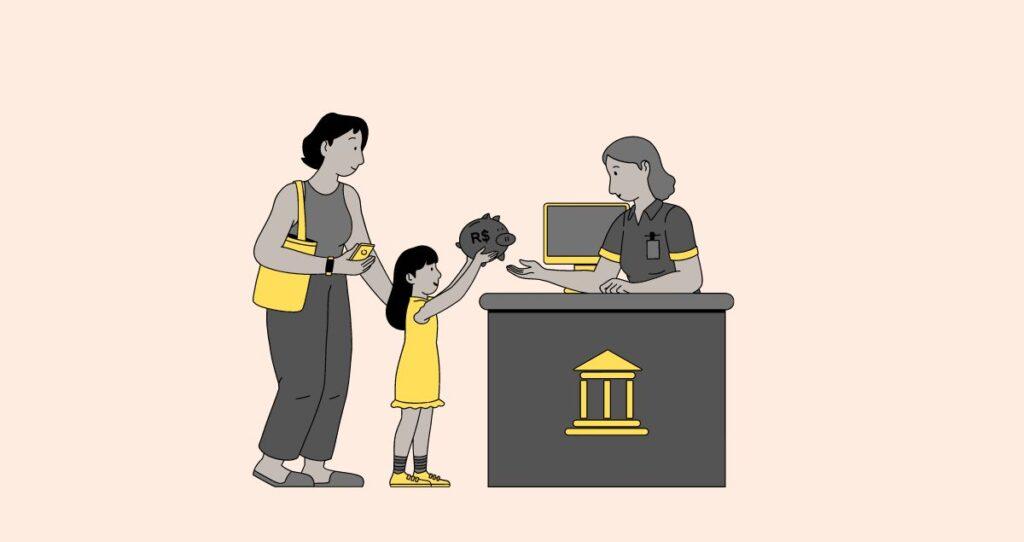Have you ever made a financial decision that cost you more than expected? We’ve all been there – that moment when you open your bank account or credit card statement and realize you’ve made a big financial mistake. It could have been an impulse purchase, a missed payment, a budgeting miscalculation, or an expensive purchase. While financial mistakes are inevitable and easy to make, it can be difficult to recover from a bad money mistake, especially in this economy where the standards of living have skyrocketed.
Whether facing a mountain of debt, anxiety, regret, dwindling account balance or simply struggling to make ends meet, it is never too late to turn things around. You still have the chance to make up for your mistakes, establish good financial habits, and take control of your finances.
Here are 8 practical tips to recover from a big financial mistake and fix your money problems.
1. Understand your situation
It is easy to make money mistakes and sometimes you don’t recognize the issue until it is too late. If you recently made a big money mistake, the first step to recovering from it is to take stock of your situation. What did you do wrong and how did your money mistake affect your financial situation?
For example, if you gambled your retirement in Las Vegas and borrowed extra cash from friends to bet more, understanding how this bad money mistake affected you is a great starting point. Take note of how much money you lost from this bad financial decision.
Also, try to understand how your bad financial mistake affected your long-term goals and dreams. For example, losing your retirement savings means you might need to delay your retirement date to make the lost funds and catch up on your retirement savings. Paying back the money owed will also slow down your retirement savings and minimize your investment contributions.
However, understanding every detail of what went wrong and how it will affect you financially, is the most important step to recover from a big money mistake.
You might also like: How to not be poor when your parents are poor?
2. Take responsibility for what happened
Taking ownership of your mistake is one of the most important steps to recover from a big money mistake. Understand that your actions led to a bad financial mistake and be prepared to pay the cost. Taking responsibility for your money decisions is an opportunity to learn. Once you accept this fact, you are less likely to repeat the same financial mistake.
3. Review your situation
To recover from a big money mistake, you first need to understand the root cause of the error. Try to figure out what went wrong and why you lost money this time. Maybe it was your first time investing and lost 50% of your account due to panic selling.
Analyze what led to the predicament extensively. Look for the triggers that may have pushed you to make decisions that led to big money mistakes.
Analyzing the source of errors sometimes requires assessing your bank accounts for different transactions and reading your bank statements. Maybe you are 55 but have not started saving for retirement yet. Or you have purchased a new car and drove off the lot without insurance leading to a major loss in a car a few minutes later.
Try to understand the root cause. Why do you have zero savings during your retirement? Why did you drive your car without insurance? To overcome bad money decisions, you have to come clean and be honest with yourself about the causes of your bad money decisions.
4. Create a corrective plan
Knowing the cause of the bad money habits is an essential step to recovering from any bad money mistake as it allows you to make a plan that addresses the source of the problem. Regardless of why you made bad money mistakes, you need a financial plan that addresses the root cause of the problem.
Once you understand what led to the mistake, establish a plan to correct the situation. The plan should be feasible and directly address the root cause of the problem. This could include establishing a budget, investing wisely, or seeking professional help.
For example, if you overspend on a Black Friday, establishing a spending budget could be a great way to help you recover from overspending. The budget can also prevent the issue from repeating and boost your savings. If your credit card balance grew exponentially due to paying the minimum payment while carrying too much balance, establish a debt management plan. For example, you can use the debt avalanche method to pay off your debts.
Also, minimizing your credit card spending can help you recover from this big financial mistake.
You might also like: Which debt should you pay off first?
5. Take measures to prevent recurrence
Making a big money mistake is one thing. Recovering from it and never repeating it is a different issue altogether. The goal is to learn from your mistakes and never repeat them. If you have made a big money mistake, putting measures in place to prevent it from happening is an essential step to improving your finances.
The goal here is to recognize the mistakes and learn from them no matter how you feel about them. This could mean educating yourself on the subject, seeking advice from experienced individuals, or simply learning to say no to tempting yet risky financial decisions.
6. Build a safety net
Your ability to recover from a big money mistake depends on the financial foundations you have created. For example, if you overspent on Christmas shopping or bought a house without inspection and realize it will cost you a lot of money to remodel it, having extra savings can help you recover fast. You can also tap into your savings to cover some of these expenses.
This is why you need to build a financial safety net to help you recover from a big money mistake. If you recently made a bad financial decision that cost you a lot of money, start by building an emergency fund and have an extra savings cushion. With some savings, you can easily recover from a bad money decision and build financial resilience.
You might also like: Should you invest your emergency fund for better returns?
7. Communicate when necessary
Communication is essential to recover from a bad money mistake when the financial mistake affects other people. Take a step to clearly explain the situation to the affected parties to regain their trust by showing your commitment to rectifying the error.
8. Be patient
Recovering from a big money mistake takes time. Don’t expect instant changes or improvements. Stick to your corrective plan and keep working on it diligently. Be patient with yourself and stay dedicated to your goal of financial recovery strategies.
Top 10 big money mistakes to avoid
Taking control of your finances and planning for the future, is a great money strategy to avoid financial mistakes. Here are the 10 biggest money mistakes to avoid.
- Not having a financial plan. If you don’t know where your money is going, it will slip through your fingers without noticing due to bad financial decisions.
- Lack of emergency funds. An unexpected situation can happen, and not having an emergency fund can put you in a precarious financial position.
- Spending more than you earn. This leads to debt accumulation which is one of the quickest ways to poverty.
- Lack of Investments. Not investing means missing out on potential wealth creation.
- Not saving for retirement. Saving for retirement as early as possible is essential to avoid financial hardship in your later years.
- Falling for get-rich-quick schemes. These are usually scams that promise huge returns quickly. They’re anything but quick, and often lead to significant financial loss.
- Failure to diversify your investments. The lack of diversification puts your investments at a high risk and potential loss of capital.
- Lack of insurance. Not having appropriate insurance is a dangerous gamble as it can leave you exposed to enormous financial losses in the event of a disaster or accident.
- Paying unnecessary fees. Bank charges, late payment fees, and other unnecessary costs are easy to ignore but add up over time.
- Not investing in yourself. If you’re not constantly learning, improving your skills, and adding value to yourself, you’re leaving money on the table.
Why do people make big money mistakes?
Millions of people make big money mistakes that cost them their future, financial anxiety, and lack of happiness. While each individual’s situation is different, there are typically a few common reasons people make bad money mistakes. The following is a list of the top 10 reasons people get themselves into financial hardships.
Lack of clear goals
The lack of clear goals is the most common cause of big money mistakes among consumers. Without clear financial goals, people spend money impulsively, invest in the wrong opportunities, and make poor financial decisions. Successful people, on the other hand, have goals that give them a clear direction for spending, saving, and investing, which is essential in avoiding unnecessary financial mistakes.
You might also like: How to set up goals and execute them in no time.
Poor financial literacy
Another leading cause of significant financial mistakes is a lack of financial knowledge. Without understanding the basics of personal finance management, many consumers become victims of predatory lending practices, high-cost loans, and fraudulent investment schemes.
Check out the top 53 Personal Finance Terms You Need to Know
Failure to plan for emergencies
Many people make the mistake of not setting aside money for emergencies. This often leads to borrowing or withdrawing from investments when unexpected expenses arise, which leads to significant financial loss.
Impulse spending
Buying unnecessary and unplanned stuff is a leading cause of financial hardships and paycheck to paycheck lifestyle. Most people make purchases on impulse without considering how these purchases will impact their long-term financial goals. This often results in individuals not having enough money to cover essentials and invest in their futures.
Money saving tips: 10 easy steps to save $10k in a year and actionable tips to achieve each step
Neglecting to monitor financial health
Regularly reviewing one’s financial situation is essential for avoiding big money mistakes. This includes monitoring credit scores, tracking expenses, reviewing investment performance, monitoring retirement saving accounts, etc. Neglecting to do so can result in missed opportunities to correct financial missteps and take control of your finances.








